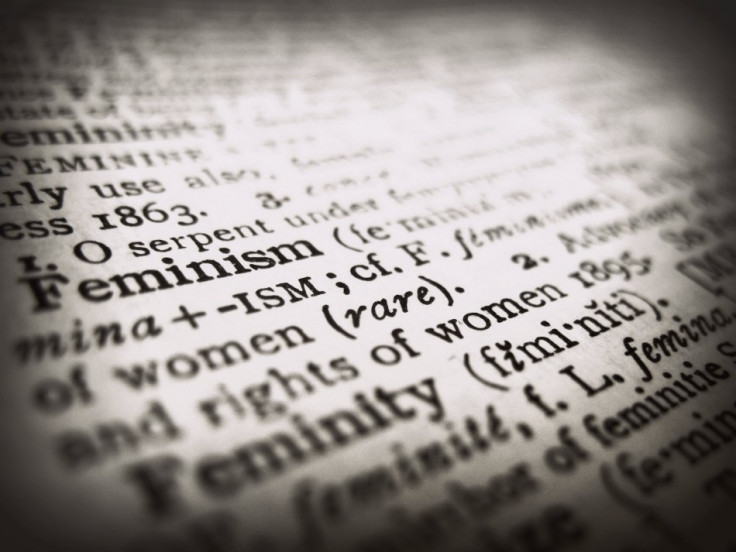International Women's Day 2015: Feminism contains infighting but the point is we have a voice

Trashing one another and exclusion have been trademarks of the feminist movement since it began. As feminism regenerates over time, activists have suffered the same infighting – clashing over what feminism is, the hierarchy of feminist issues and who, if anyone, is truly a feminist.
Feminist infighting is an enduring issue. The suffragettes of the early 20<sup>th century pushed for the right to vote, while second-wavers of the "women's movement" in the 1960s and 1970s touched on sexual liberation, the family and work – but were criticised for prioritising interests of white, middle-class women.
Infighting eventually saw the death of the second wave – embodied in Nora Ephron's essay Miami which captured the fight between Gloria Steinem and Betty Friedan at the 1972 Democratic National Convention. As feminism progressed into its third wave in the 1990s, Rebecca Walker turned the focus on to race, ethnicity and religion.
These twists and turns within the movement are not a result of simplistic – and frankly degrading – ideas about feminists, used to undermine the movement and the issues it seeks to address. Feminists are not continually stuck in a bitchy repeat of Mean Girls, cattily unravelling the notion of "sisterhood" because they cannot play nicely together.
In truth, infighting has developed from an internalised narrative of insufficiency within feminism. This is, in part, because women's issues have been pushed to the side for so long that activists are forced to push their agendas over one another. We are fighting for space on an already overloaded table.

But infighting and progressive debate is a strength of feminism. It embodies the passion and concern at the heart of the arguments, giving a voice to issues otherwise overlooked. Feminism is a process, not a finished product, and attitudes and ideas are constantly in a state of flux.
Take male feminism, for example. Earlier generations regarded them as a power shift back to the patriarchy, aimed only at pulling the rug from under female activists' feet - how dare they try to take our fight from us? What does he get out of being a feminist?
These questions are derived from the basis of feminism itself: that men, or more specifically the patriarchy, have created inequalities and gender-based hierarchies that need to be overturned. Yet now, later generations of feminists argue in support of male feminists. Women cannot achieve equality if one half of the world's population is not involved, particularly the half at the centre of the problem.
The idiosyncratic nature of feminism – its intersectionality – means problems of sexism are entangled with issues of racism, homophobia and bigotry. These issues are not mutually exclusive but correlate to create a unified system of oppression. As a result – and as with any social movement – ideas vary wildly about what it represents.
More often than not, this leads to hierarchies and bigotries that lift the most powerful women (the white, the affluent and the Western) and crush the quieter voices of those who do not fit the mould. This is an ongoing problem but it is one that is gradually being addressed. Infighting and discussion has led to the inclusion of women overlooked by earlier incarnations.
And what about sisterhood? Quite simply, there is not one. Feminists are not sisters, nor are they one group with one mind and a unified agenda. Feminists fight against the violence that disproportionally affects women, against female genital mutilation, for greater female representation in politics and more women in business. Others fight for better education, healthcare and safety.
These are just a handful of issues. If the sisterhood exists, it is a combination of all these issues and more – brought to the table by straight women, lesbians, trans women, girls, mothers, refugees, CEOs and more. With such as broad spectrum of problems that need to be resolved, there are going to be arguments, discussions and, to some extent, infighting.
For those who dismiss feminism because of its subjective nature, Chimamanda Ngozi Adichie's definition should clear things up: a feminist is someone who "believes in the social, political and economic equality of the sexes". To achieve this, we need to argue, debate and discuss, while looking at the bigger picture. It is as simple as that.
© Copyright IBTimes 2024. All rights reserved.






